Can Dogs Eat Poppy Seeds? Wondering whether it’s safe to share your muffin with your pup? Find out if poppy seeds are a health risk for dogs and what you should do about it.
Key Takeaways
- Poppy seeds are not safe for dogs – even though they’re common in baked goods, they can cause harm.
- Toxicity varies – small amounts may not cause immediate issues, but it’s better to be safe.
- Symptoms to watch for – lethargy, nausea, and in some cases, difficulty breathing.
- Alternative treats – stick to dog-friendly snacks like carrots or specially made dog treats.
- Always check ingredients – baked goods or other foods with poppy seeds should be avoided by your dog.
Why Poppy Seeds Aren’t Safe for Dogs
You’ve probably seen poppy seeds in your favorite muffins, breads, or even on bagels. But before you share those with your dog, you might want to reconsider. While poppy seeds might seem harmless (they’re tiny, after all), they can actually be toxic to your furry friend. Here’s why:
Poppy seeds contain morphine and codeine—two alkaloids found in the opium poppy plant. These substances can cause your dog to experience symptoms of poisoning. The danger comes from both ingesting the seeds directly and contact with foods made from the seeds, like poppy seed muffins.
The more your dog eats, the more likely it is they will suffer negative effects. Even though your dog probably wouldn’t be able to eat large amounts of poppy seeds on their own (since they’re so small), baked goods like muffins or pastries can contain more than you’d expect.
Potential Risks of Eating Poppy Seeds
So, what exactly happens if your dog eats poppy seeds? It depends on how many they consume and how sensitive they are to the toxins in the seeds. Even a small number could lead to serious health issues. Here are the most common symptoms to watch for:
- Lethargy – If your dog is suddenly more tired than usual, that could be a sign.
- Nausea and vomiting – This is a common symptom of poisoning in dogs.
- Slow or shallow breathing – Serious toxicity can cause respiratory issues.
- Dilated pupils – You might notice your dog’s eyes looking strange.
If your dog shows any of these signs, you should call your vet right away. (Better safe than sorry!)
How Much is Too Much?
The good news? Dogs usually need to consume a significant amount of poppy seeds for them to show severe symptoms. But “a little” still isn’t safe. Even small quantities can lead to problems, depending on your dog’s size, age, and overall health. For example, a small dog might experience symptoms after just a few seeds, while larger dogs might need to eat more for the same effect.
It’s also important to note that poppy seed muffins or cakes tend to contain more than just a few seeds. Added sugar, butter, and other ingredients like chocolate or raisins (both of which are toxic to dogs) can make the problem worse.
What to Do If Your Dog Eats Poppy Seeds
If your dog sneaks a bite of something containing poppy seeds, your first step is to stay calm. Panicking won’t help either of you. Here’s what you should do:
- Check how much was eaten – If it was just a tiny amount, it might not be a big deal. But if it was more than a few seeds or a large piece of baked goods, you’ll want to take action.
- Call your vet – This is the safest option. They’ll be able to tell you whether your dog needs treatment, based on the size of your dog and the amount of poppy seeds ingested.
- Observe for symptoms – If your dog is showing signs of illness (like lethargy or vomiting), it’s time to visit the vet ASAP.
Sometimes, the vet will suggest inducing vomiting, especially if it’s been within a few hours since ingestion. If it’s been longer, they might recommend supportive care like intravenous fluids or monitoring.
Safe Alternatives to Poppy Seeds
So, what can you give your dog instead of a poppy seed muffin? There are plenty of dog-friendly snacks that are both safe and delicious for your pet. Try offering:
- Carrots – Low in calories and packed with vitamins. Your dog might even enjoy chewing on them!
- Blueberries – Packed with antioxidants, these little fruits are a great treat.
- Peanut Butter – Make sure it’s xylitol-free (xylitol is toxic to dogs), but peanut butter can be a tasty, fun treat.
- Sweet Potatoes – Cooked and mashed sweet potatoes are safe and can be mixed with dog food.
It’s always a good idea to stick to treats that are specifically made for dogs. You can even find dog-safe versions of “muffins” and cakes that are designed to be both tasty and healthy for them.
How to Prevent Accidents with Poppy Seeds
Even though you may already know that poppy seeds aren’t safe, it’s always good to be extra cautious. Here’s how you can prevent your dog from eating poppy seeds or other dangerous foods:
- Keep food out of reach – This is a general rule for all human foods. Dogs can be sneaky, so make sure they don’t have access to any food that’s not dog-friendly.
- Read ingredient labels – Before giving your dog any treat, check the ingredients. You’ll find poppy seeds listed in unexpected places like bread or muffins.
- Talk to guests – If you have people over and they’re offering your dog a snack, make sure they know which foods are safe (and which are not).
By keeping a close eye on your dog’s snacks and educating those around you, you can help prevent any unwanted food-related mishaps.
Practical Tips for Dealing with Toxic Foods
Even though poppy seeds aren’t ideal for your dog, it’s helpful to know what to do with other common toxic foods. If you ever find yourself in a situation where you’re unsure whether something is safe, here are some practical steps:
- Be familiar with common toxic foods – Aside from poppy seeds, other foods like grapes, chocolate, onions, and garlic can be dangerous for dogs.
- Have emergency numbers handy – Keep your vet’s phone number in your contacts, and know the nearest animal emergency clinic’s number too.
- Know your dog’s limits – If your dog has a sensitive stomach or pre-existing health conditions, be extra cautious when introducing new foods.
By being prepared, you can respond quickly if your dog ever eats something potentially harmful.
In Conclusion: Keep Your Pup Safe and Happy
While it might be tempting to share everything with your dog, poppy seeds just aren’t worth the risk. Stick to treats that are designed for pets, and you can rest easy knowing you’re keeping your dog safe and healthy. If in doubt, always reach out to your vet—they’re your best resource for keeping your furry friend out of harm’s way.
FAQs
Can poppy seeds cause death in dogs?
While poppy seeds can cause severe symptoms, death is rare. However, large quantities can be fatal, so it’s always best to err on the side of caution.
What happens if my dog eats a poppy seed muffin?
If your dog eats a muffin with poppy seeds, monitor for signs of poisoning like lethargy or difficulty breathing. Contact your vet for advice.
How many poppy seeds are dangerous for dogs?
The amount that is dangerous can vary depending on the size of your dog, but even a small amount can lead to symptoms of toxicity.
Are poppy seeds toxic to all dogs?
Yes, all dogs are at risk if they ingest poppy seeds. Sensitivity can vary, but it’s safer not to give them to any dog.
What if my dog eats a poppy seed cake?
If your dog eats a poppy seed cake, especially one that contains other toxic ingredients like chocolate, call your vet immediately.
Can I give my dog poppy seeds in moderation?
It’s best to avoid giving your dog poppy seeds altogether. There’s no safe amount due to the risk of toxicity.
What are the symptoms of poppy seed poisoning?
Common symptoms include lethargy, vomiting, slow breathing, and dilated pupils. If your dog shows any of these, call your vet immediately.
Are there safe alternatives to poppy seeds for dogs?
Yes, there are many safe alternatives, including carrots, blueberries, and dog-friendly treats made specifically for pups.



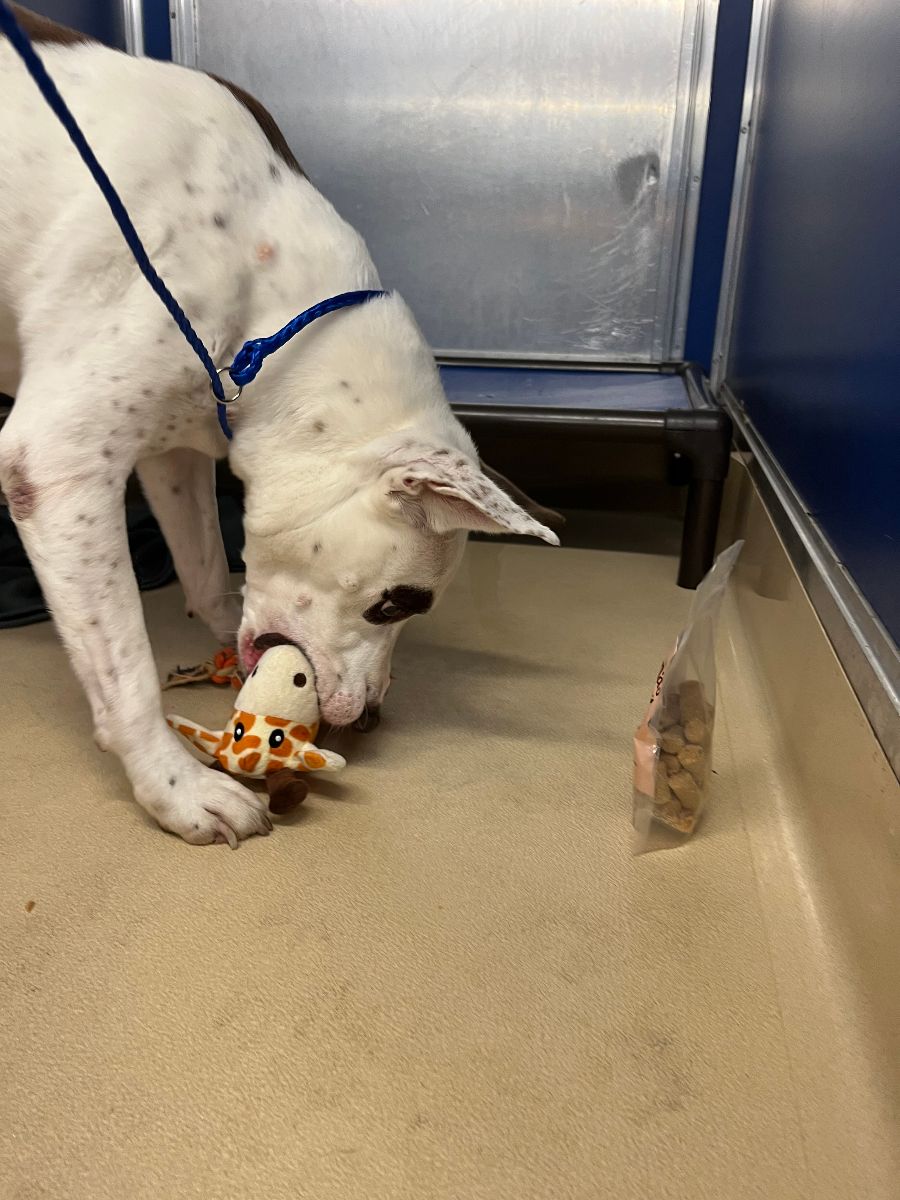



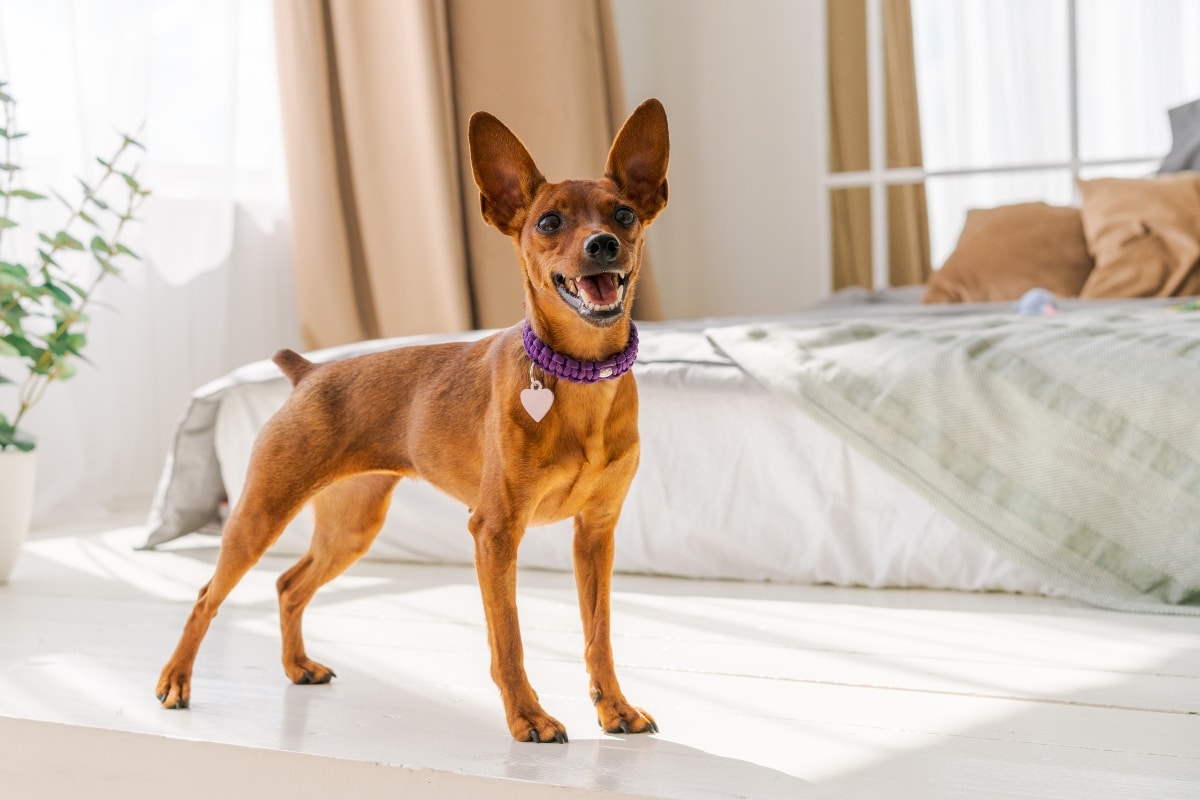
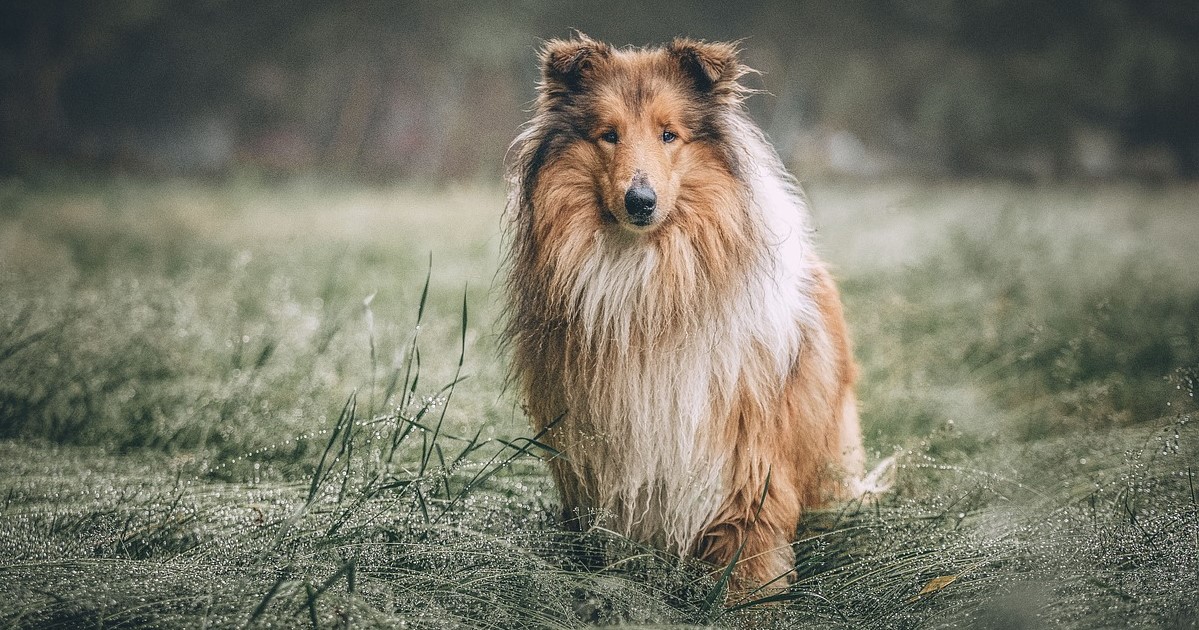
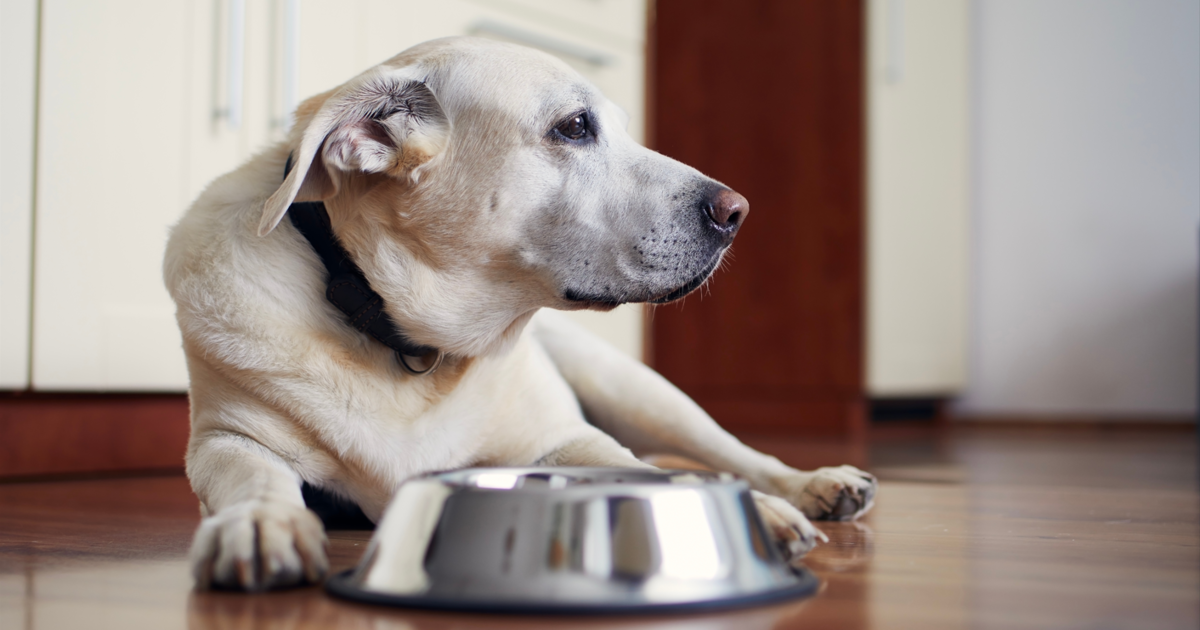
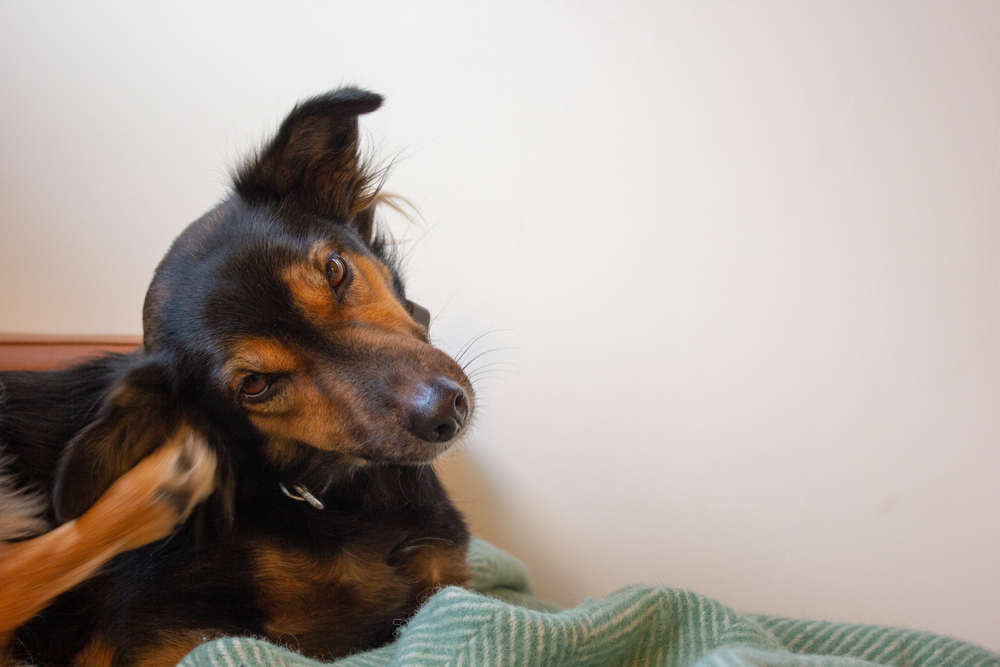
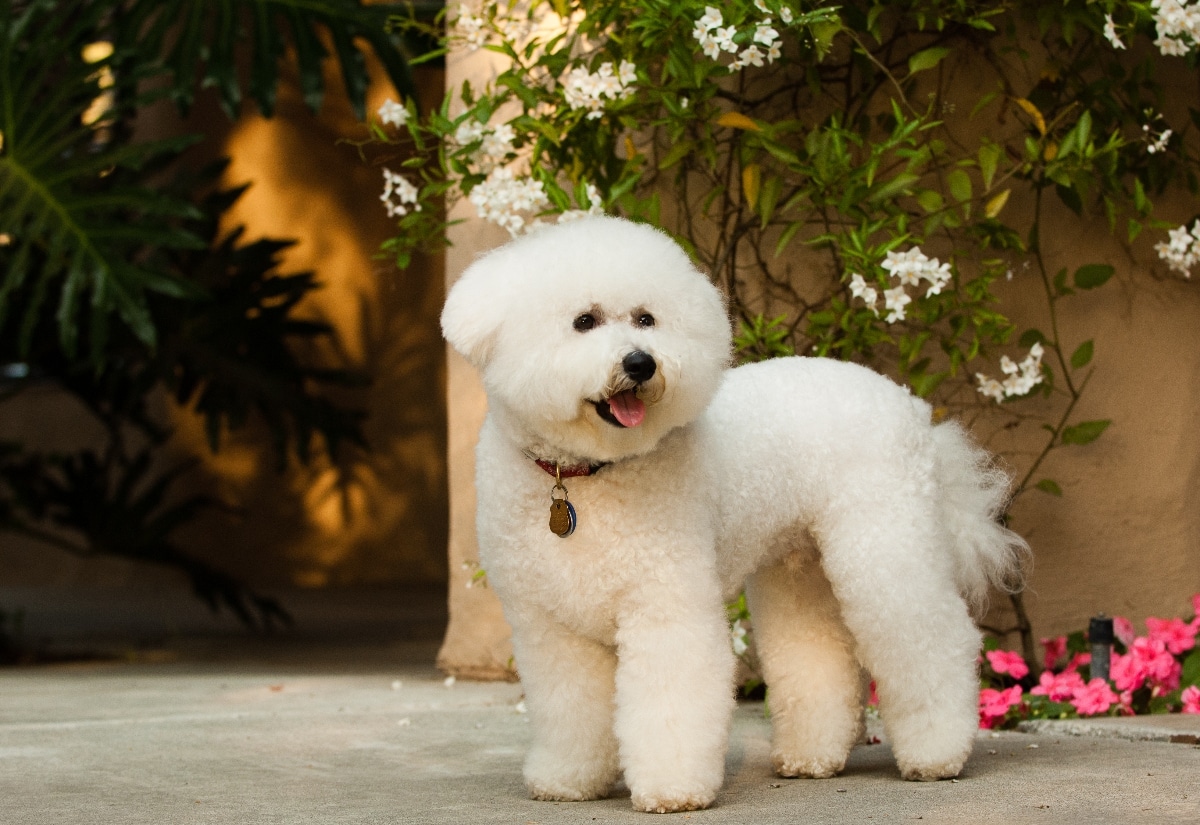

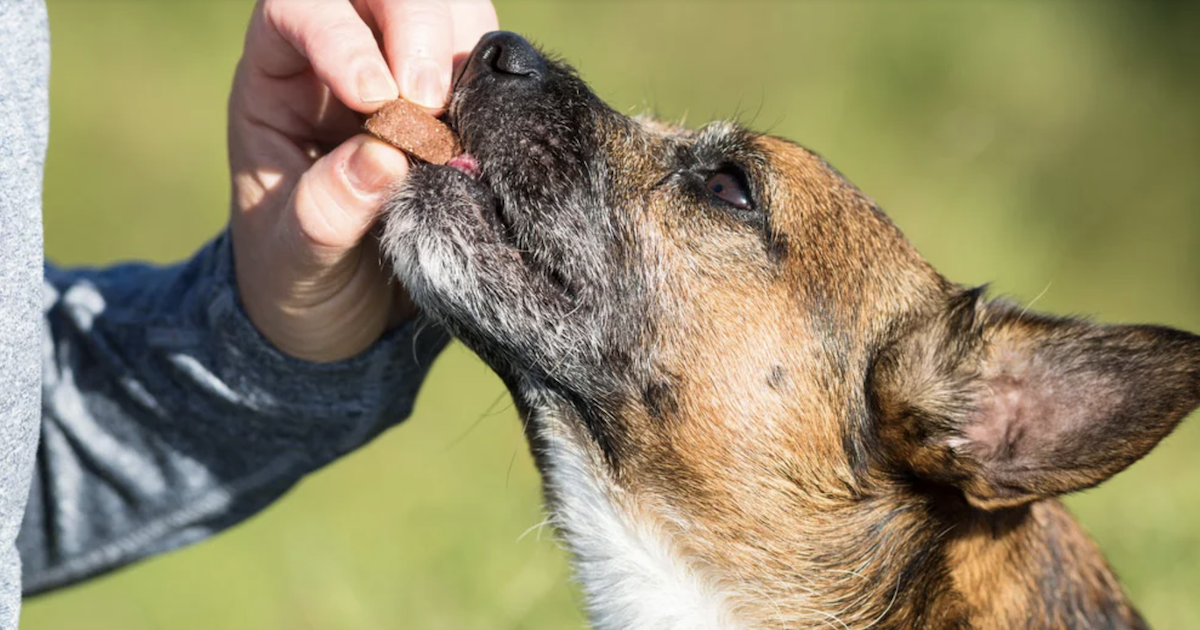




 English (US) ·
English (US) ·